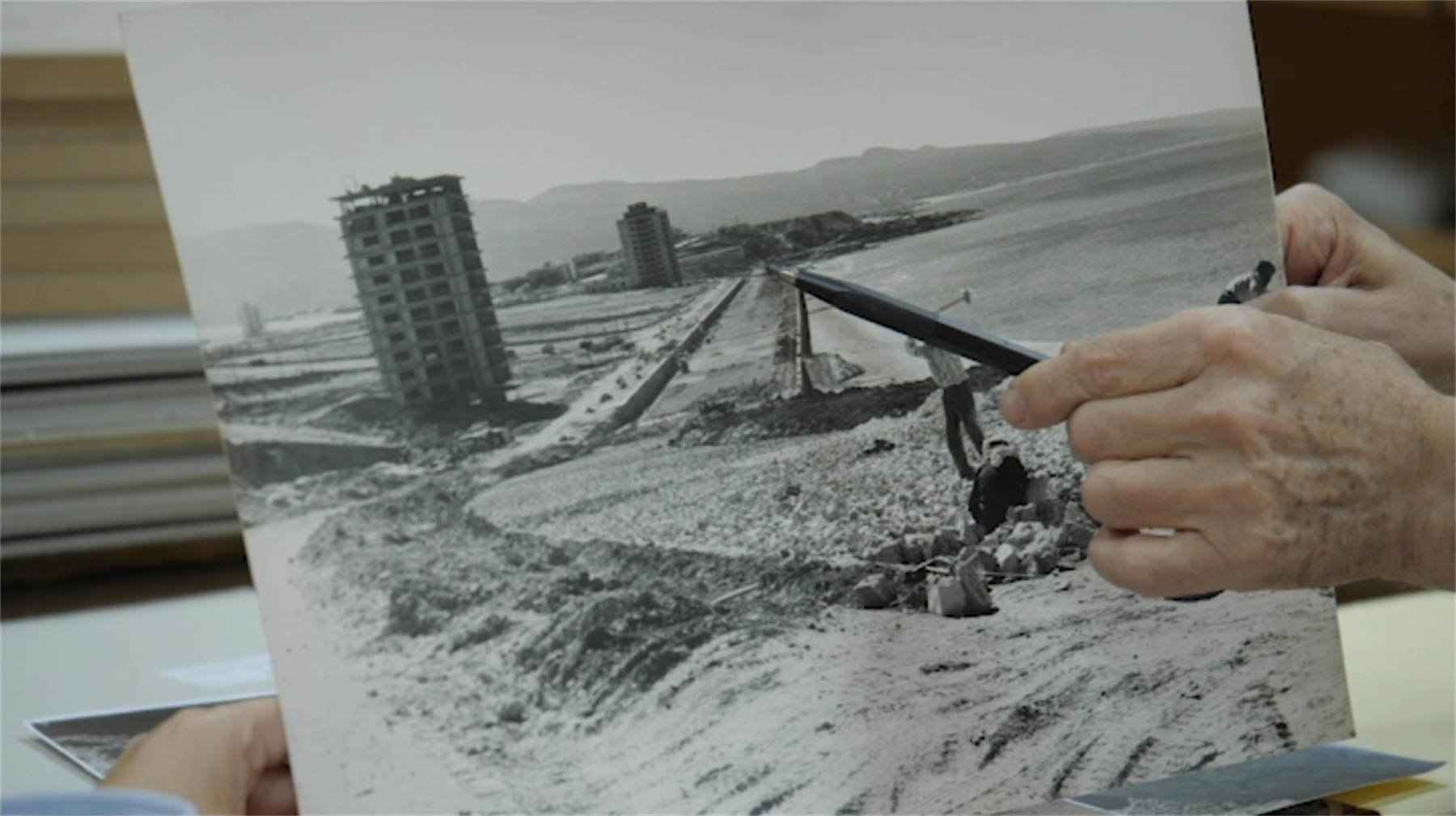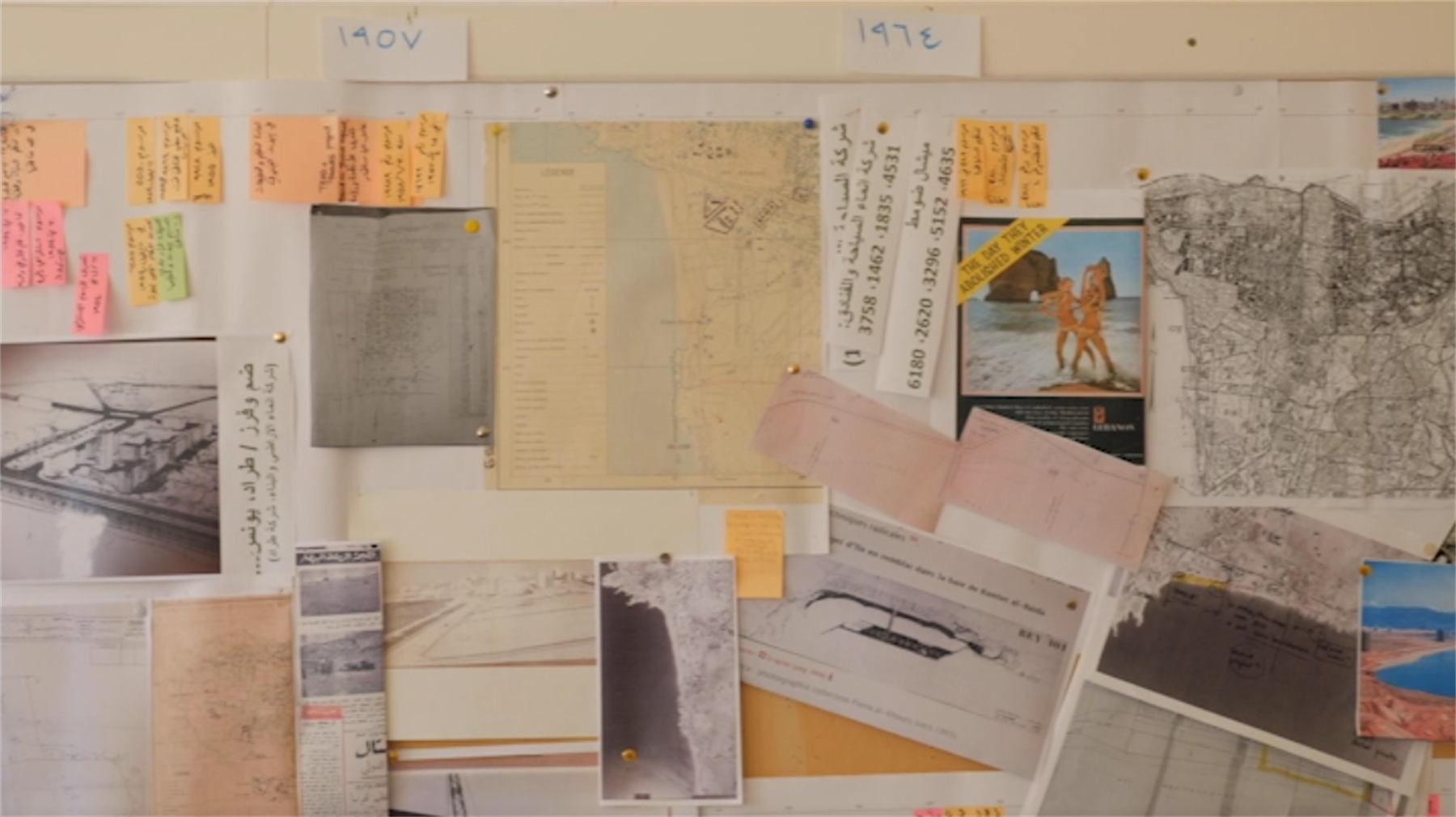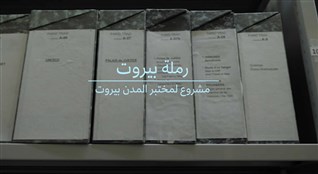Ramlet Beirut

The expansion of Beirut towards its South-Western suburbs during the 1950s was justified by the desire to plan future urban development within the modernist ideals of geometric order and scientific ideals. In practice, however, the expansion also coincides with the growing role of Beirut as a beach-tourism magnet and a hub for the circulation of regional capital, both serving specific interests.

By narrating
the history of Ramlet el Bayda through the rich archives of Farid Trad, a major
figure in Lebanon’s urban planning in the post-independence moment, this
documentary film traces the trajectory of Beirut’s only public sandy beach.
Known in the 1950s as a deserted, potentially dangerous area, Beirut’s sands
were reinvented as the ideal location for planning “modern” urban expansion
and, eventually, as the coveted location for developing private beach resorts.
Through exploring this episode of Beirut’s history, the twenty minutes
documentary interrogates the historical roots of the private ownership of the
city’s coast and links the development ideals of the 1960s with today’s loss of
urban commons.
